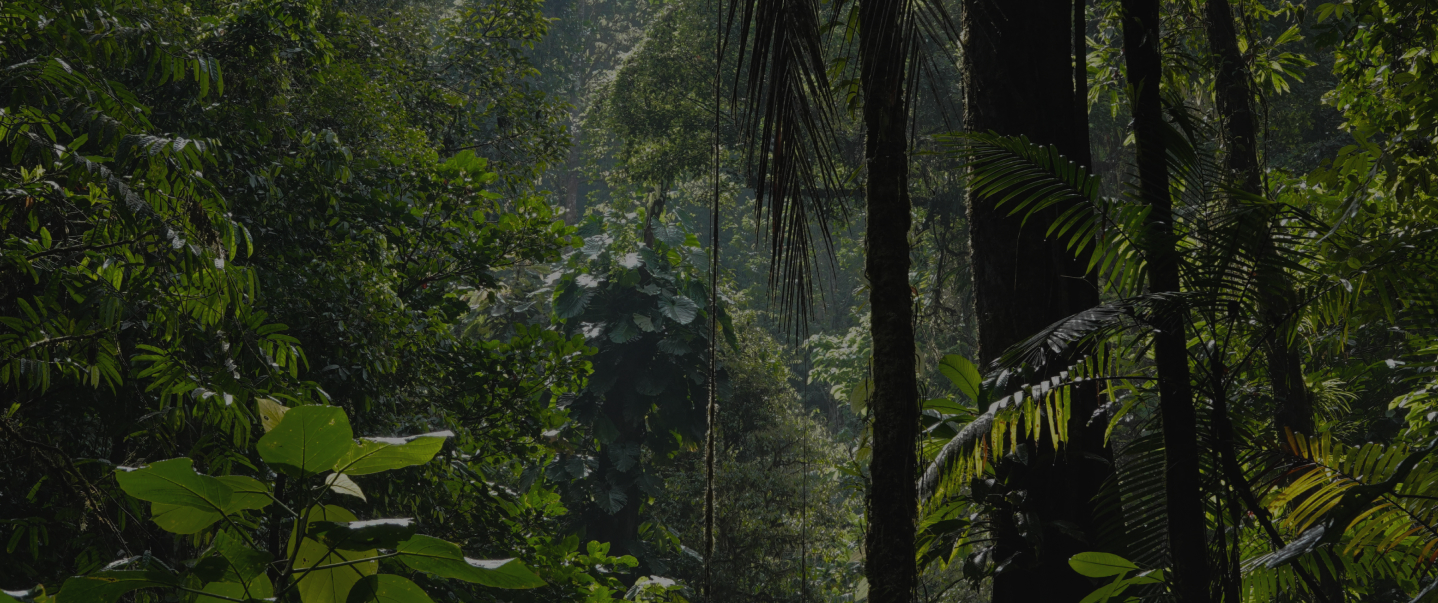
404
Come back to your people!
Looks like you got lost in the wilderness!
Our team of highly skilled developers will get to work finding your way.
In the meantime why not try something else until the problem has been resolved.
In the meantime why not try something else until the problem has been resolved.
Find something else



